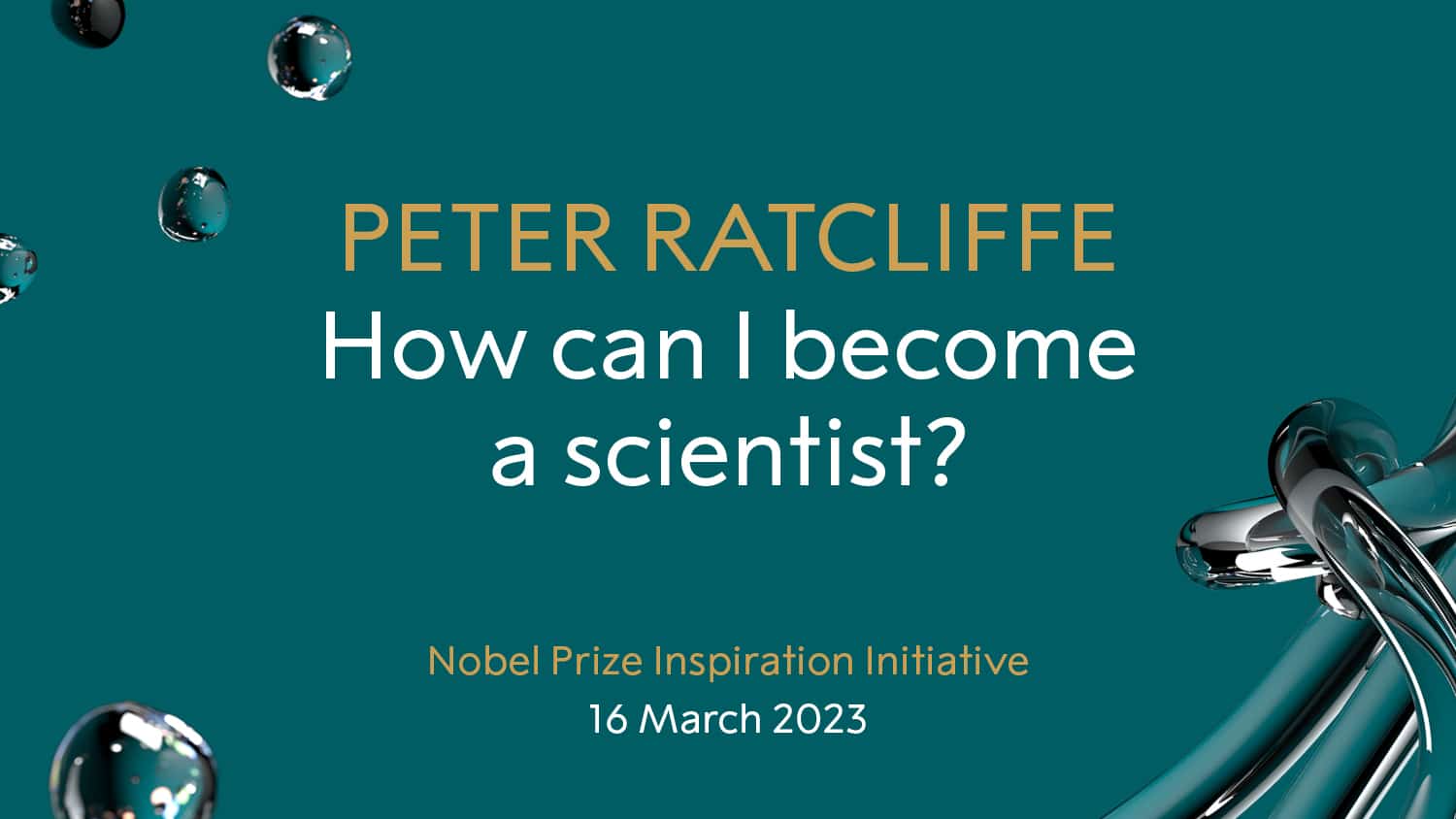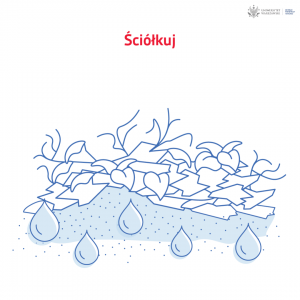How to become a scientist?
Streaming of the event will begin at hrs. 11.00 a.m. on 16.03.2023
If you have any questions, please email: spotkanieznoblista@cwid.uw.
The main organizer of Sir Peter Ratcliffe’s visit to Warsaw is Nobel Prize Outreach through the Nobel Prize Inspiration Initiative.
INSIGHTS FROM NOBEL LAUREATES, FOR SCIENTISTS EVERYWHERE
Nobel laureates share their experiences with scientists around the world.
The Nobel Prize Inspiration Initiative is an international program that enables Nobel Prize winners to share inspiring stories and insights with the academic community, especially young researchers and students. Meetings are held at universities and research centers, which are then recorded and made available to a wider audience.
The idea for the initiative and the main organizer of the activities is Nobel Prize Outreach, the company that manages the Nobel Prize’s media communications, in cooperation with AstraZeneca.
More information: Nobel Prize Inspiration Initiative and AstraZeneca.
If you have any questions, please contact: rebecca.nesbit@nobelprize.org
The Nobel Prize Inspiration Initiative thanks the University of Warsaw community for preparing the event.
- Born: May 14, 1954, Lancashire, United Kingdom
- Nobel Prize in: physiology or medicine, 2019
- Justification: „for discovering the processes by which cells sense the concentration of oxygen in the environment.
and adapting to its changes” - Share of the prize: 1/3
Sir Peter J. Ratcliffe studied medicine at Cambridge University and completed his medical training at St Bartholomew Hospital in London. After additional studies at the Universities of Oxford and Cambridge, he earned his doctorate in Cambridge in 1987. Since then, he has worked at Oxford University and, since 2016, at the Francis Crick Institute in London.
Awarding the Nobel Prize
Animals need oxygen to convert food into usable energy. The importance of oxygen in this process has been recognized for centuries, but how cells adapt to changes in oxygen levels has long remained a mystery. William Kaelin, Peter Ratcliffe and Gregg Semenza have discovered how cells can sense and adapt to changing oxygen availability. In the 1990s. have identified the molecular machinery that regulates gene expression and the activity of cellular processes in response to changing oxygen levels. This discovery could lead to new treatments for anemia, cancer and many other diseases.
Sir Peter J. Ratcliffe is a fellow of the Royal Society of London, the Academy of Medical Sciences, the European Molecular Biology Organization and the American Academy of Arts and Sciences. In 2004, he became Nuffield Professor of Clinical Medicine at Oxford University, serving as head of the Nuffield Department of Clinical Medicine from 2004 to 2016. In May 2016, he took on the role of Director of Marketing. clinical research at the Francis Crick Institute, retaining a position in Oxford as a member of the Ludwig Institute of Cancer Research and director of Oxford’s Target Discovery Institute. His work has won numerous awards, including the Louis-Jeantet Prize in Medicine and the Lasker Prize for basic biomedical research. He was knighted for his services to medicine. In 2019, together with William Kaelin and Greg Semenza, he was awarded the Nobel Prize in Physiology or Medicine „for discovering the processes by which cells sense the concentration of oxygen in the environment and adapt to changes in it.”
Read more at: Sir Peter J. Ratcliffe – biography

If you have any questions, please email: spotkanieznoblista@cwid.uw.




